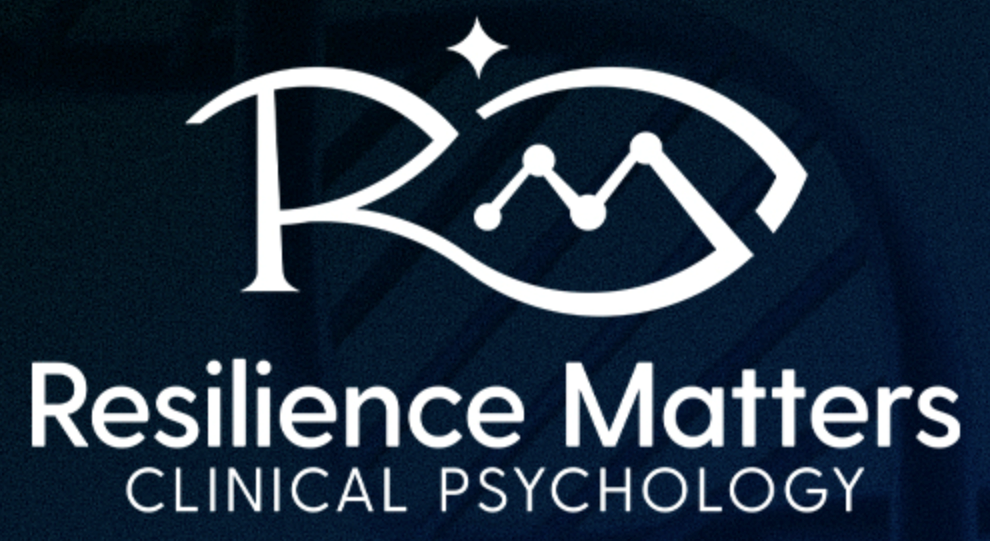Depression, stress, and self-stigma towards seeking psychological help in veterinary students (Lokhee & Hogg, 2019)
Breaking the Stigma: Understanding the Mental Health Challenges Faced by Veterinary Students
Veterinary students and professionals face unique mental health challenges. Research shows that the prevalence of depression among veterinarians and veterinary students is notably high. Yet, despite this knowledge, many veterinary students struggle with seeking help due to the stigma associated with mental health issues. This stigma, particularly self-stigma, has been found to be significantly elevated in veterinary students. But what impact does this have on their mental health, and how can we address it?
A recent study sought to explore this by comparing levels of study-related stress, depression symptoms, and self-stigma in veterinary students with those of non-veterinary students. The study involved 287 veterinary students and 317 non-veterinary students from Australian universities who completed an online questionnaire assessing these factors. The results were telling: veterinary students reported significantly higher levels of stress and self-stigma than their non-veterinary peers. However, there was no significant difference between the two groups in terms of depression symptoms.
So, what does this mean? The study’s findings suggest that while veterinary students are not necessarily more depressed than non-veterinary students, they do experience higher levels of stress and self-stigma, which are critical factors contributing to depression. In fact, further analysis revealed that both stress and self-stigma were strong predictors of depression symptoms among veterinary students.
This highlights a crucial point: reducing stress and combating self-stigma around seeking psychological help could be key to improving the well-being of veterinary students. Understanding these dynamics is vital, not just for students but for their entire professional journey. By addressing these issues early on, we can help create a healthier, more supportive environment for veterinary professionals throughout their careers.
In conclusion, these findings emphasize the need for a comprehensive, career-long approach to mental health in the veterinary field. Reducing the stigma associated with seeking help and providing robust support systems can significantly improve the mental health and well-being of those in this challenging yet rewarding profession. As we continue to explore the professional and psychological experiences of veterinarians, it’s clear that fostering a culture of openness and support will be crucial in ensuring their long-term well-being.
Let’s break the stigma and support our future veterinarians in leading healthier, more balanced lives.




